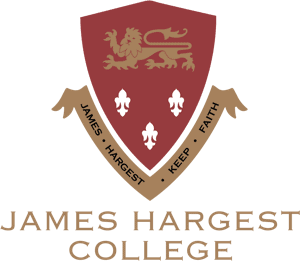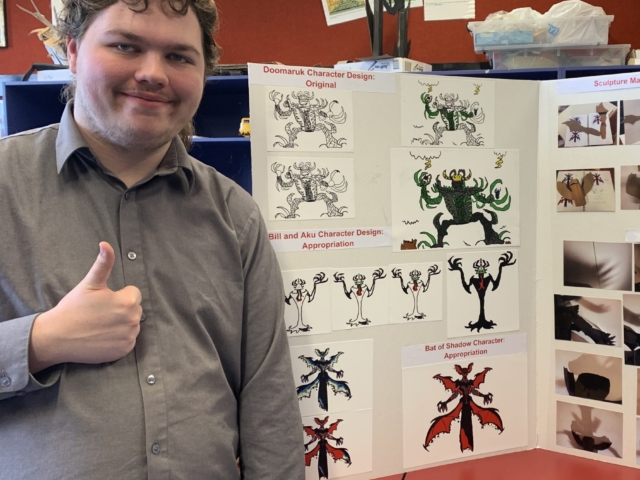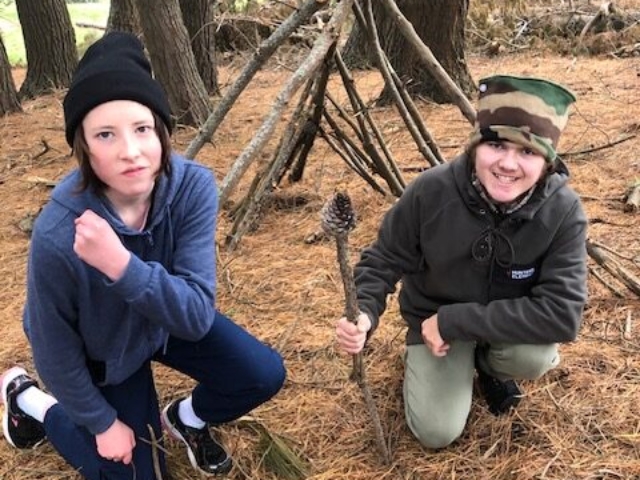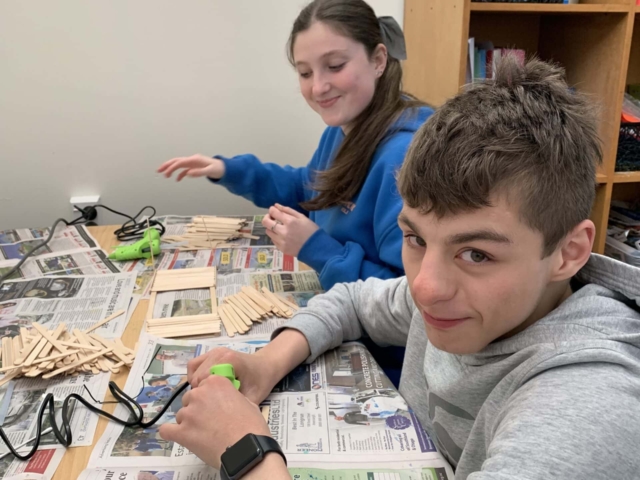The purpose-built James Hargest College Student Support Centre complements mainstream opportunities for those students who may need extra assistance to meet their learning potential.
The staff’s mahi is to support students in their journey towards being confident and resilient lifelong learners who are actively engaged within their communities. We aim to do this by working alongside ākonga, whanau, and teachers with the goal of co-creating learning environments that are stimulating, goal-focused, and accessible to all.
The SSC is able to offer:
- Smaller classroom numbers
- Teacher Aide support in mainstream classes
- iPad and computers available for classroom use
- Friendly and structured environment
- Practice post-school life skills
- Wider school and community involvement
- Level appropriate numeracy and literacy
It is our aim and intention to reflect the James Hargest College values of Honesty, Hard Work, Respect, Care, Responsibility and Treating others fairly by:
- Providing a safe, supportive environment for students.
- Delivering and developing the programmes and support necessary for ākonga to
- achieve to their optimum level.
- Modelling the contextual development of social skills.
- Fostering cooperation, consideration and tolerance for others.
- Improve the students’ respect for themselves, others and property.
- Ensure that responsibility for the student’s behaviour and education remains with the student.
- Develop communication, problem solving, self management, and study skills.
Kaiako and ākonga in the James Hargest College Student Support Centre interact within the Mana Ōrite mō te Mātauranga Māori concept of whānau consisting of around 20 to 30 people who had their own compound (SSC) within a settlement (JHC mainstream). For us whānau comprises kaumātua (staff), pakeke (parents, caregivers, aunts and uncles) and ākonga. Traditionally whānau often had their own plot in communal gardens and their own places to fish and hunt. For us this represents the rich resources of the JHC mainstream which are available for all. Historically the whānau was self-sufficient in most matters – this helps guide us in managing our interactions with service providers and reminds us that the relationships that lead to meaningful work are a link that ensure ongoing success for our graduates.






